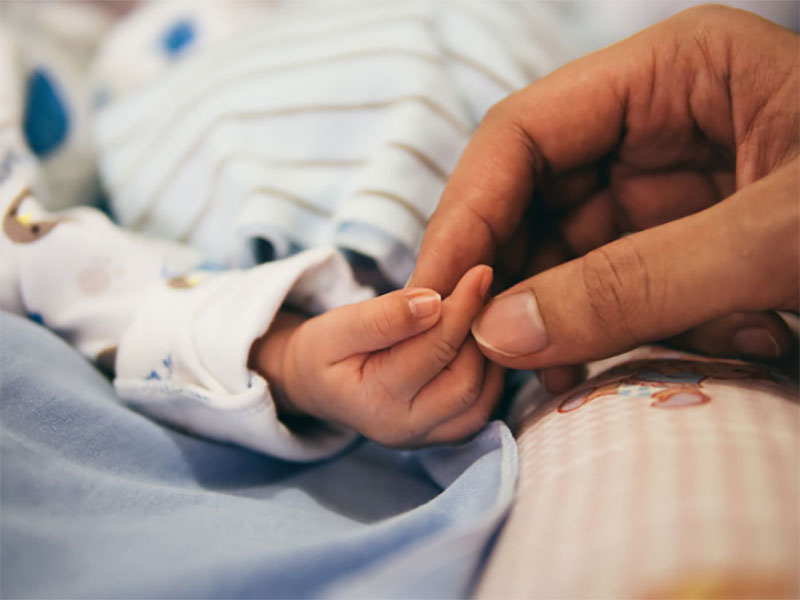Okay, so what I have to share here may be very obvious to you, or it’s not. Some family cultures teach folks to let babies cry because “that’s just what babies do” (yes, I know this is quite controversial, and a topic for another blog) and to teach independence we need to leave them alone offering basic needs on our schedule not theirs (again, another tough topic; did you know that small babies’ stomachs are as small as a marble and that’s why they need to eat more given their rate of growth?…just sayin’).
Love
Right from the start, your baby needs a large amount of love from at least one caregiver. There are many ways to show your love. Some good examples include gazing into his eyes lovingly, cuddling with him, reading to him, having “conversations” with him, and telling him that you love him frequently. Babies love being spoken to in a higher-pitched, playful voice. Studies have shown that speaking lovingly to your small child truly improves his overall development.
Avoid speaking negatively to your baby. Speaking in harsh tones or insulting your baby creates stress and slows down brain development. Harsh tones and insults also lead to poor “attachment” skills. Studies have shown that babies who are poorly bonded to their caregivers grow up to be adults who are poorly bonded to other people. Poorly-bonded adults are linked to violent crimes against other people and animals.
Babies who have strong “attachment” skills have a greater ability to become self-confident, caring people throughout their lives. Make sure your baby has at least one main caregiver who expresses the love and care he needs.
Being Responsive AKA Caring
Babies are completely dependent on a loving caregiver! Do not expect your baby to care for himself in any way.
When your baby is hungry, he needs you to feed him. When he is dirty, he needs you to bathe him. Always remove a dirty diaper as soon as possible, and replace it with a clean diaper that is neither too loose nor too tight. Make sure his clothes are appropriate for the weather and fit him comfortably. Allow him to sleep when he needs to sleep, and schedule outings and family activities around his sleep schedule. Have the same consideration with his eating needs.
Learning to Trust Others
When you respond to your baby’s cries immediately, he will learn that he can trust you and that he will be cared for when in need. Helping your child learn about love, trust, and having close relationships with others is an important part of this first year. Many believe that we develop our lifelong beliefs about trusting others when we are babies. Erik Erikson states that learning to trust is an important step toward independence, and that it is learned during the first year of life. These beliefs shape how we relate to others and affect our relationships throughout our lives.


